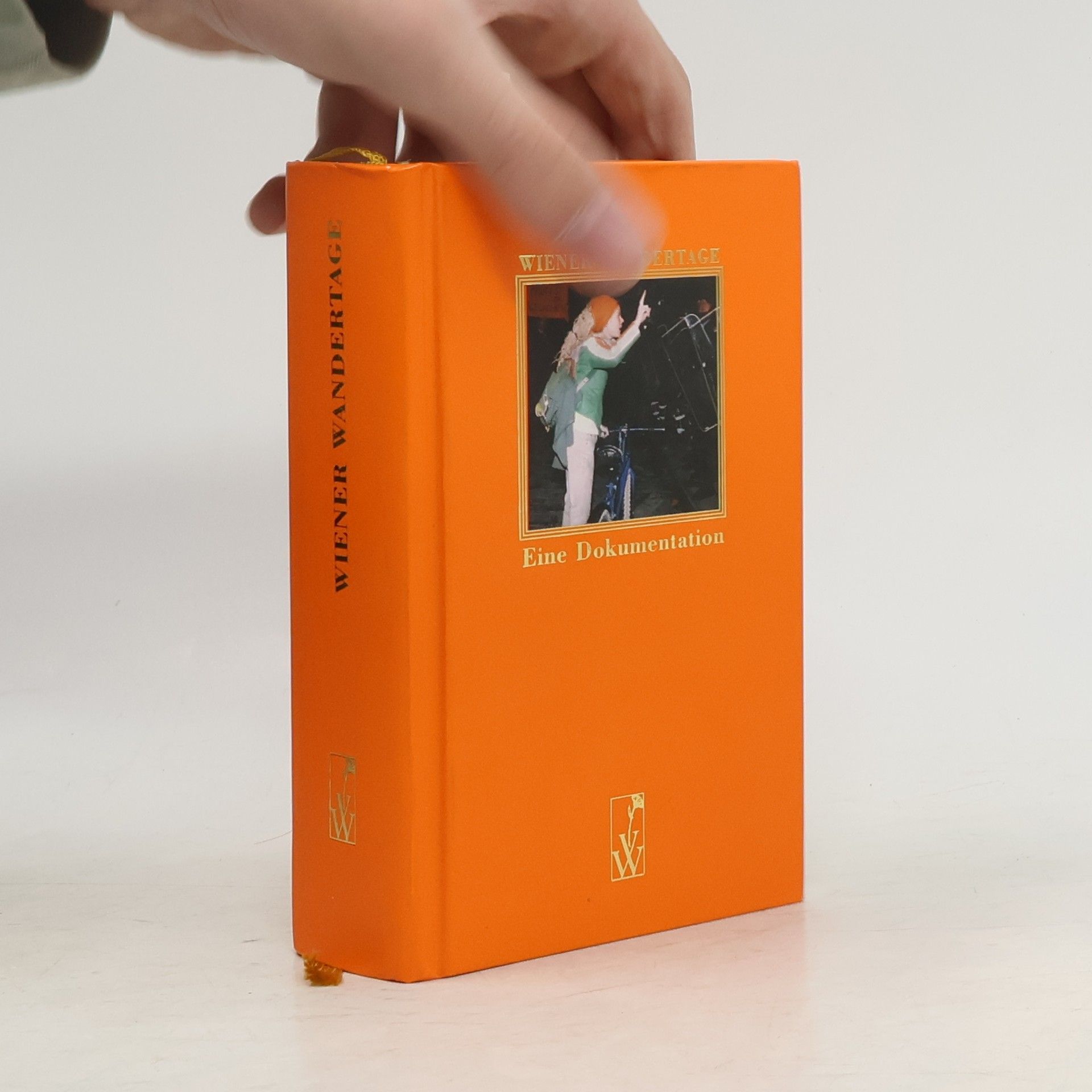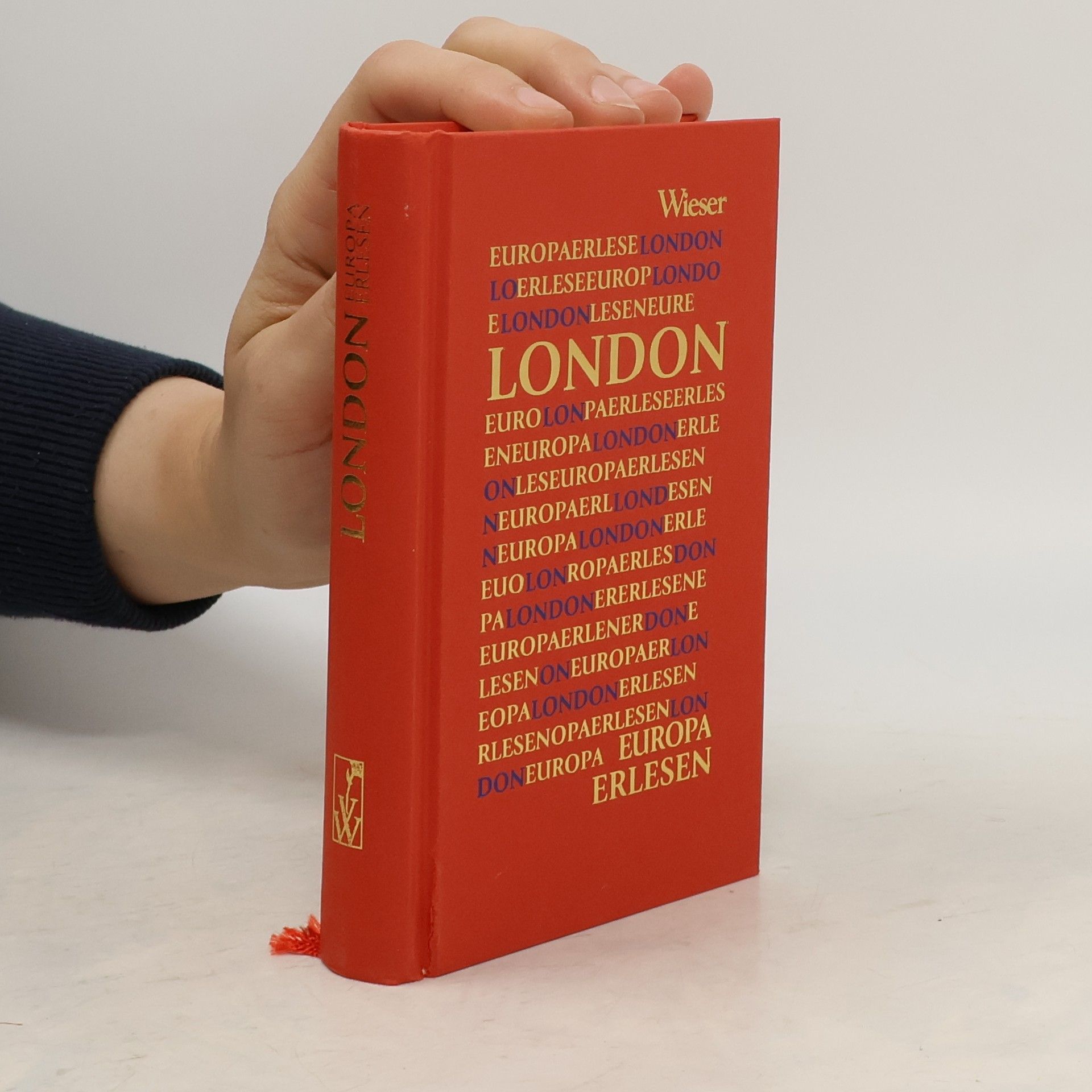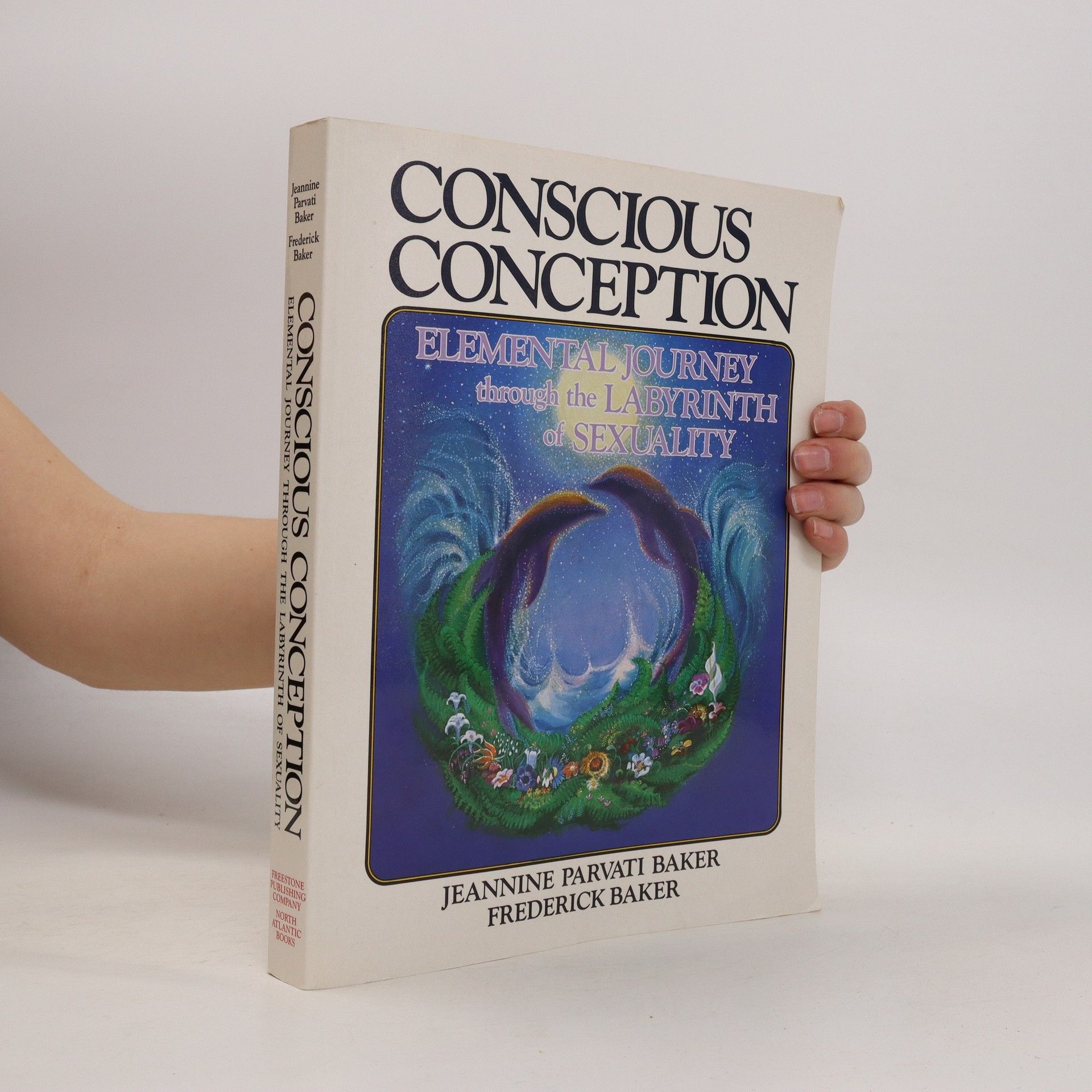In an age when modern reproductive technology is moving at a rapid and alarming rate, Conscious Conception is an alternative exploration into understanding personal fertility, as well as a comprehensive guide to discovering newfound meaning in our sexuality. Combining knowledge of myth and culture, authors Jeannine Parvati Baker and Frederick Baker offer a step-by-step manual of fertility awareness, depth psychology, and psychic birth control and interweave the five elements—Earth, Water, Fire, Air, and Ether—as tools for discovery in the face of reproductive challenges. Including numerous contributions from experts in the field, the book investigates a broad range of topics, from the causes of infertility to the spiritualization of sexuality. Conscious Conception urges us to see all of the possibilities in life’s plan of continuation and to seek a clearer communion with our own reproductive experience. Over 20,000 copies sold.
Frederick Baker Livres





Set in the peaceful town of Quietville, the story follows Mr. Clink and his loud car, Sallyboo, as they encounter resistance from the community. After being asked to leave, Mr. Clink's return during a crisis forces the townspeople to reconsider their views. This journey explores themes of acceptance and belonging, culminating in a touching resolution that highlights the importance of embracing differences.
Mit Beiträgen von: Sir Arthur Conan Doyle, William Shakespaere, Theodor Fontane, Reinhold Schneider, Friedrich Schiller, Virginia Woolf, Voltaire, Walther Skaupy, Jospeh Brodsky, John Donne, Joy Browning, Daniel Defoe, Anonym, William Blake, Steven Martin, Stefan Zweig, James Boswell, Bertold Brecht, Giacomo Casanova, Leopold Mozart, Joseph Haydn, Heinrich Eduard Jacob, William Wordsworth, Franz Grillparzer, John Keats, Felix Mendelssohn-Bartholdy, Elias Canetti, Alexander Herzen, Francis Wheen, Joseph Conrad, Charles Dickens, Ossip Mandelstam, Karl Marx, Egon Erwin Kisch, H. C. Artmann, Claude Monet, Mahatma Ghandi, Italo Svevo, T. E. Hulme, Leo Slezak, Artur Rubinstein, Oscar Wilde, Richard Sennett, Ernst Stadler, Karel Capek, Italo Svevo, Ernst Krenek, Anton Kuh, Johann Skocek & Wolfgang Weisgram, Sigmund Freud, Erich Fried, Georg Eisler, Theodor Kramer, Lord George Weidenfeld, Susanne Bock, Berthold Viertel, Agnes Bernelle, Anna Achmatova, Friedrich Torberg, Sir Winston Churchill, Georg Tabori, Sir John Betjeman, Georges Mikes, George Orwell, Elisabeth Janstein, Danilo Kis, Doris Lessing, Gabriel Garcia Marquez, Elias Canetti, Linton Kwesi Johnson, Trevor Grundy, Hilde Spiel, Marianne Faithfull, Kathy Etchingham, Fred Vermorel, Steve Silver, Hanif Kureishi, Benjamin Zephaniah, Gerhart Polt, Gogala Vilijem, Monty Python, Ken Smith, bob Geldof, David Dabydeen, Sam Selvon, David Flusfeder, Reiner Luyken, Will Self
Mit Texten von Julian Barnes, John Bayley, Bill Bryson, Lord Byron, Elias Canetti, Kenneth Carey, Peter J. Conradi, Karel Capek, Donald Davie, Klaus Dermutz, Gitta Deutsch, John Donne, Sir Arthur Conan Doyle, Andreas Feiertag, Theodor Fontane, Stephen Fry, Thomas Gray, Graham Greene, Julien Green, Germaine Greer, Thomas Hardy, Robert Harris, Frank Harris, Evelyn Holloway, Nick Hornby, Ted Hughes, Aldous Huxley, John F. Jungclaussen, John Keats, Ernst Krenek, Phillip Larkin, Nina J. Libermann, Monthy Python’s Flying Circus (Graham Chapman, John Cleese, Terry Gilliam, Eric Idle, Terry Jones und Michael Palin), Javier Marais, Ian Mcewan, Robert Menasse, Ray Monk, Vladimir Nabokov, John E. Neale, Karl Raimund Popper, Ruth Rehmann, Hilde Spiel, Paul Strathern, Graham Swift, Rabindranath Tagore, Thomas Vasek, Voltaire, Evelyn Waugh, Stefan Zweig.